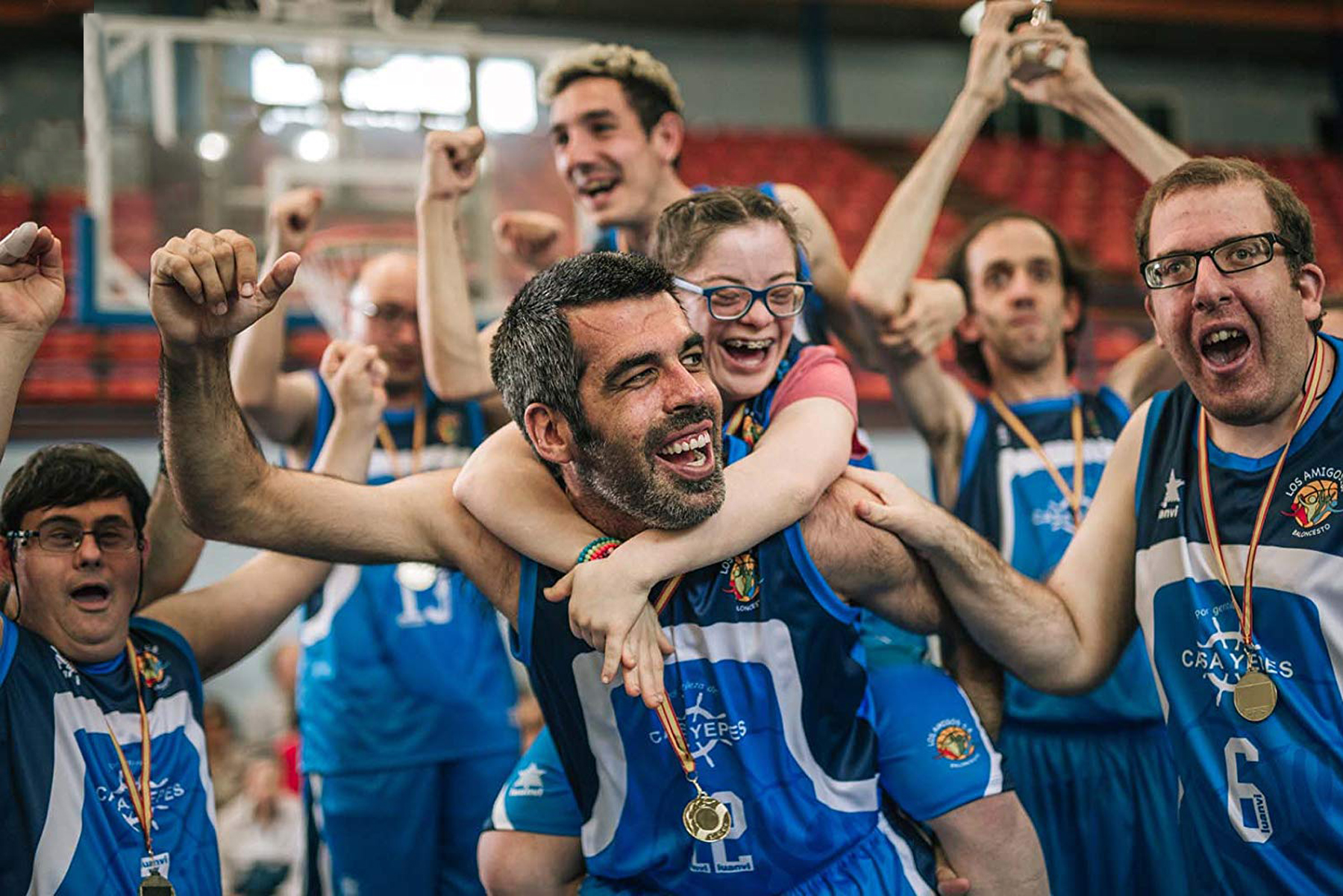
- Golden Globe Awards
Champions (Spain)
Movies are born to entertain. But cinema, especially in Spain, also has a long tradition of films that try to teach, to change the world or at least to shine a light on social or political issues. Something that Champions does with a smile. And, sometimes, even with a belly laugh. The film is Javier Fesser’s fifth feature, a comedy that clearly aims to both entertain and to tackle prejudice without mincing words, calling things by their name even during times of political correctness. As one of the characters says early in this movie about people with disabilities, “there’ll always be inequality. But we’re teaching him to handle it.” The hilarious comedy makes a reference to the arrogant basketball coach who is arrested after driving recklessly. His fine: community service that includes making a team out of a group of players with disabilities.Marcos Montes (Javier Gutierrez, a well know actor in Spain for his work in television) is at the center of the story as the movie follows his evolution as a coach and a human being. But the real stars are the players. For his movie, Fesser recruited a team of actors with mental disabilities. He never had any doubt about it: “I wouldn’t have done the movie if not like this”, he told the HFPA. In order to convince both producers and other associations, Fesser filmed a teaser with his newfound team on his own dime. That way he proved what the movie is about: the basketball team members come across as far more emotionally balanced and candid that the supposedly “normal” protagonists in the film.Campeones has become a box office draw in Spain, grossing $21.4 million. The movie also beat out two other heavyweight contenders to represent Spain in other awards like Todos lo saben, with Penélope Cruz and Javier Bardem, and Handía, awarded with 10 Goyas this year.Besides its team, Campeones has the perfect “coach” with Fesser as director. The Spanish filmmaker has a long career (though short in feature films titles) of ensemble comedies with unexpected protagonists. He has worked in both long and short formats which have generally been received by a wide audience (La gran aventura de Mortadelo y Filemón, from 2003 is still one of the biggest Spanish box office hits – it garnered $25 million). He is also a filmmaker with a social conscience (as seen in Camino, 2008, a movie based on a true story about the dangers of religion). Fesser calls his new movie a “labor of love”. But it’s also a celebration of otherness from this team described in the movie as “a group of 20-year-olds who behave as though they’re six.”

